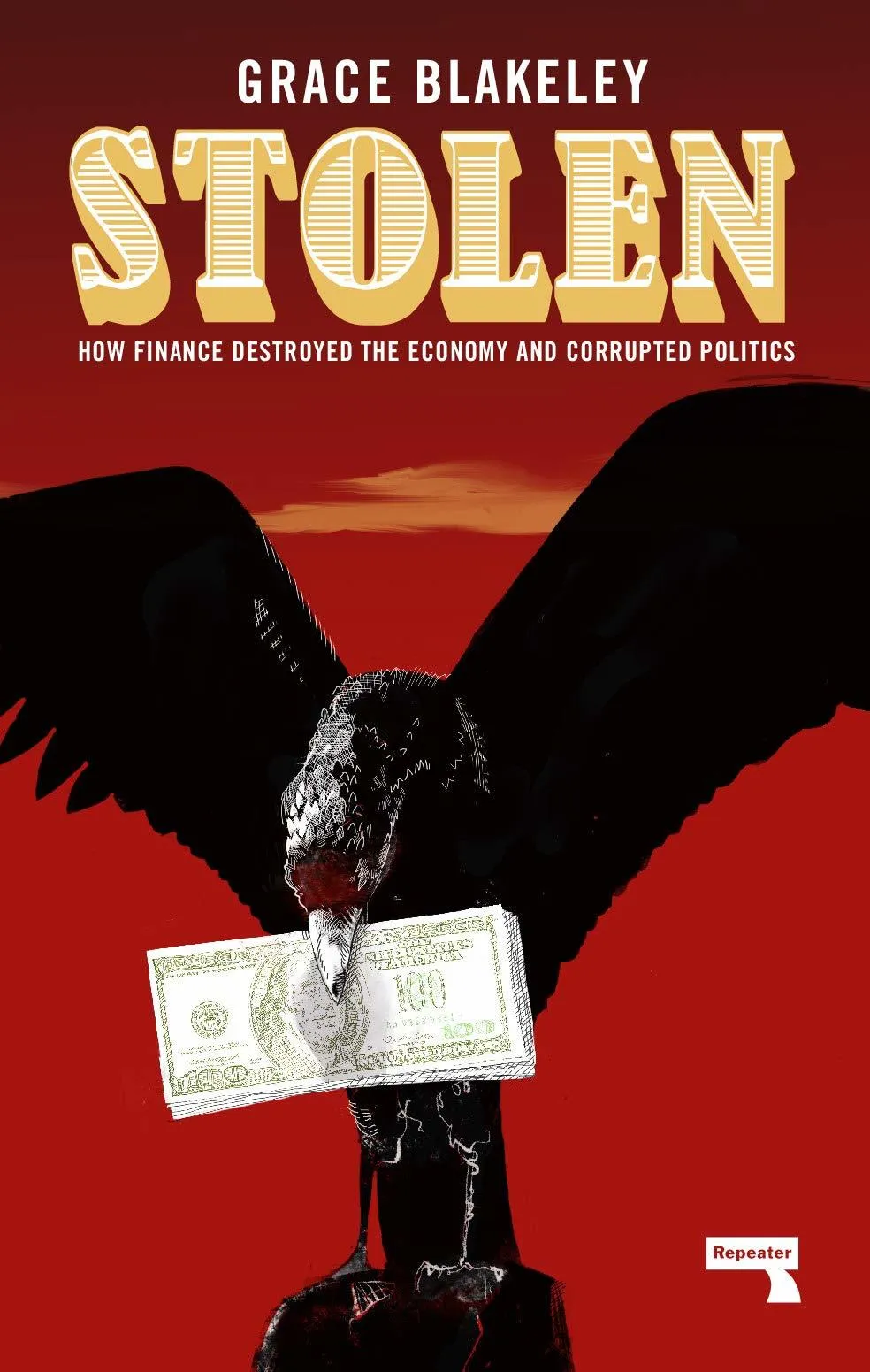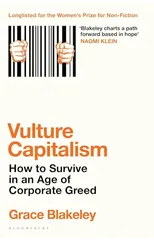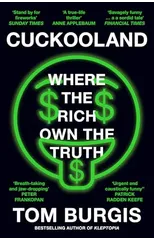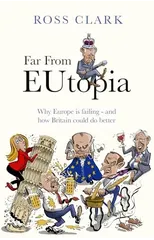Stolen
How to Save the World from Financialisation
(Autor) Grace BlakeleyA must-read polemic about why the 'recovery' from the 2007-08 crash mostly benefited the 1%, and how democratic socialism can save us from a new crash and climate catastrophe. For decades, it has been easier to imagine the end of the world than the end of capitalism. In the decade leading up to the 2008 financial crisis, booming banks, rising house prices and cheap consumer goods propped up living standards in the rich world. Thirty years of rocketing debt and financial wizardry had masked the deep underlying fragility of finance-led growth, and in 2008 we were forced to pay up. The decade since has witnessed all kinds of morbid symptoms, as all around the rich world, wages and productivity are stagnant, inequality is rising, and ecological systems are collapsing. Stolen is a history of finance-led growth and a guide as to how we might escape it. We've sat back as financial capitalism has stolen our economies, our environment and even the future itself. Now, we have an opportunity to change course. What happens next is up to us.
Grace Blakeley
Grace Blakeley is a British author, economist, and political commentator known for her insightful analysis of economic and political issues. She has written extensively on topics such as inequality, capitalism, and neoliberalism. Blakeley's writing style is clear and engaging, making complex ideas accessible to a wide audience.
One of her most notable works is "Stolen: How to Save the World from Financialisation," in which she explores the detrimental impact of financialization on the global economy. In this book, Blakeley offers a critique of the current economic system and proposes alternative solutions to address the growing wealth gap.
Blakeley's contributions to literature have had a significant impact on the genre of political economy, inspiring readers to rethink the status quo and consider alternative economic models. Her work has sparked important conversations around inequality and the need for systemic change in the way we think about economics.







